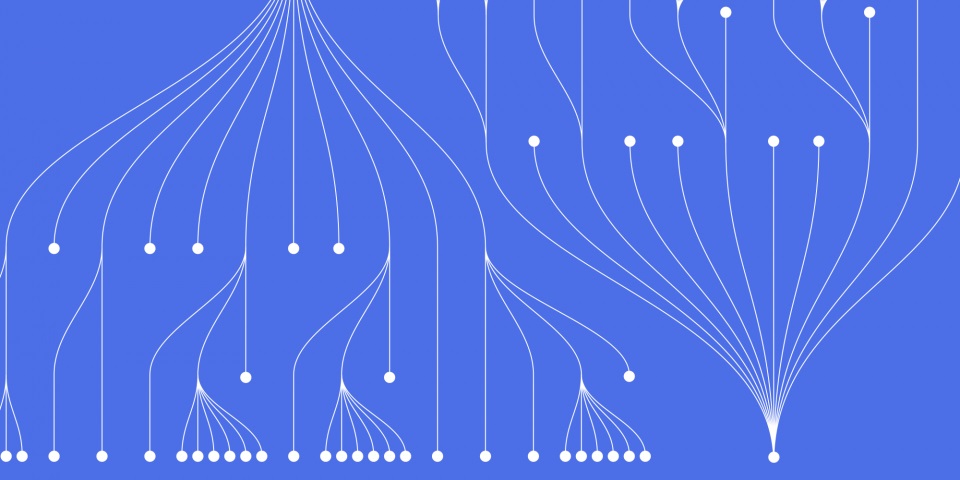
6 April 2023
Introduction: Apache Spark and Databricks are powerful tools for processing and analyzing large amounts of data. One of the key benefits of using these tools is the ability to integrate with external systems, such as Github, to streamline workflows and improve collaboration among team members. In this guide, we will explore the process of integrating Apache Spark and Databricks with Github, including step-by-step instructions and code examples.
Prerequisites: Before we get started, you will need to have the following prerequisites in place:
Step 1: Creating a Github Repository The first step in integrating Apache Spark and Databricks with Github is to create a Github repository. This repository will serve as the central location for storing and managing your Apache Spark and Databricks code.
To create a Github repository, follow these steps:
Step 2: Setting up Github Integration in Databricks The next step is to set up Github integration in Databricks. This will allow you to sync your Github repository with your Databricks workspace, so you can easily access and manage your code from within Databricks.
To set up Github integration in Databricks, follow these steps:
Step 3: Pushing Changes to Github from Databricks Once you have set up Github integration in Databricks, you can start pushing changes to your Github repository directly from your Databricks workspace. This allows you to easily version control your code and collaborate with other team members.
To push changes to Github from Databricks, follow these steps:
Use Cases: There are many use cases for integrating Apache Spark and Databricks with Github, including:
Conclusion: Integrating Apache Spark and Databricks with Github is a powerful way to streamline your workflows, collaborate more effectively with team members, and automate processes. By following the steps outlined in this guide, you can easily set up Github integration in your Databricks workspace and start taking advantage of the benefits it provides.
Official Documentation: For more information on integrating Apache Spark and Databricks with Github, please refer to the following official documentation:
Expanding your skills and knowledge in Big Data and Apache Spark can be highly beneficial, especially in today's data-driven world where data is the lifeblood of many organizations. By learning how to work with Big Data and Apache Spark, you can become proficient in processing and analyzing large datasets, as well as gain insights that can help drive business decisions.
If you're interested in expanding your skills and knowledge in Big Data and Apache Spark, taking a training course can be a great way to do so. These courses are designed to provide you with the knowledge and skills needed to work with Big Data and Apache Spark effectively. They cover a wide range of topics, from basic concepts and fundamentals to advanced techniques and best practices.
Taking a training course in Big Data and Apache Spark can benefit you in many ways, including:
At JBI training, we offer a range of courses in Apache Spark, designed to meet the needs of individuals, companies, and organizations of all sizes. Whether you're just starting out with Big Data and Apache Spark or looking to expand your knowledge and skills, we have a course that can help. All of our courses can be found here
Our courses are taught by experienced instructors who have worked with Big Data and Apache Spark in a variety of settings, from startups to large enterprises. They use a range of instructional techniques, including lectures, hands-on exercises, and group discussions, to help you learn and retain the material.

CONTACT
+44 (0)20 8446 7555
Copyright © 2025 JBI Training. All Rights Reserved.
JB International Training Ltd - Company Registration Number: 08458005
Registered Address: Wohl Enterprise Hub, 2B Redbourne Avenue, London, N3 2BS
Modern Slavery Statement & Corporate Policies | Terms & Conditions | Contact Us
POPULAR
AI training courses CoPilot training course
Threat modelling training course Python for data analysts training course
Power BI training course Machine Learning training course
Spring Boot Microservices training course Terraform training course